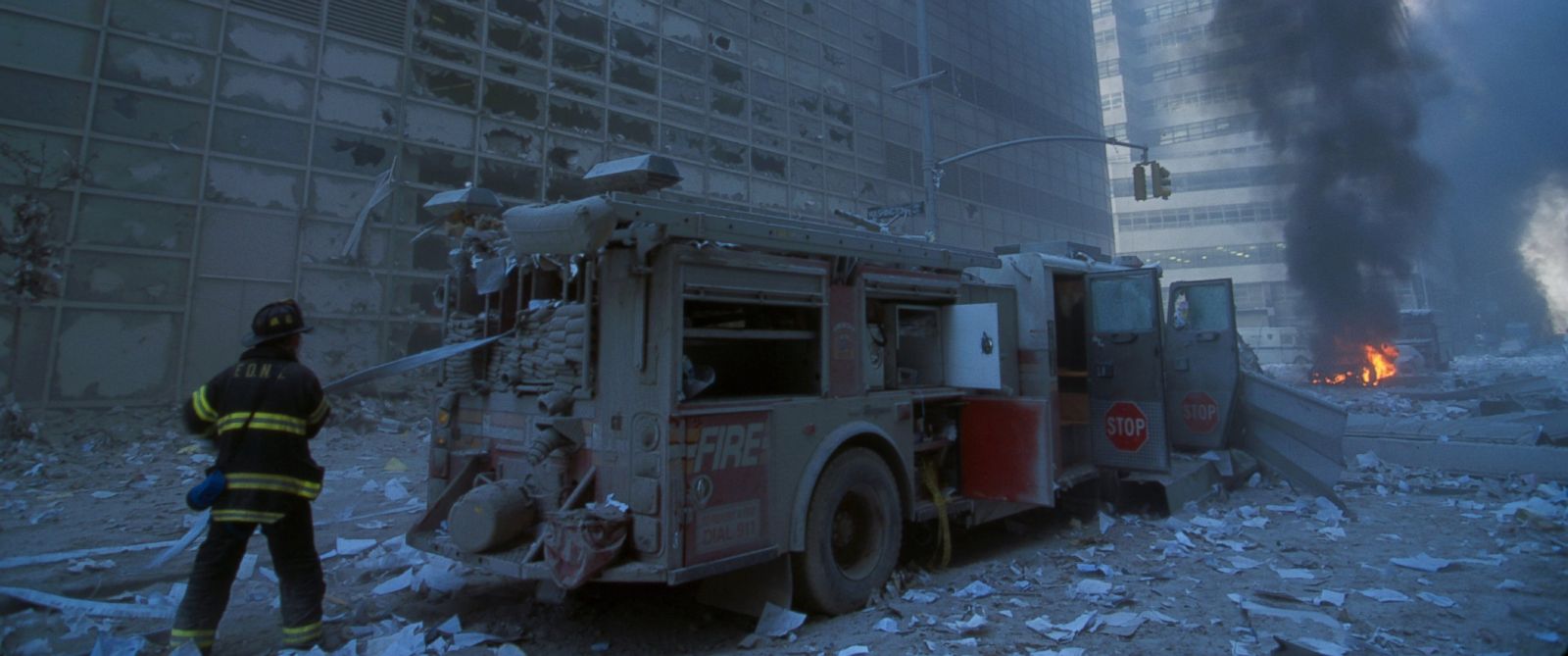US Declassifies Secret 9/11 Documents Known as the ’28 Pages’

The U.S. intelligence community has officially lifted the veil on 28 classified pages from the first congressional investigation into the 9/11 terror attacks that some believe, once exposed, could demonstrate a support network inside the United States for two of those al-Qaeda hijackers.
Today, the Obama administration declassified those documents — closely held secrets for over 13 years — and Congress is expected to make them the public this afternoon. The FBI and U.S. intelligence agencies had kept the information secret until now, citing reasons of national security.
According to sources familiar with the documents, the information in the pages lays out a number of circumstances that suggest it's possible two of the 9/11 hijackers living in California in the months leading up to the attack were receiving operational support from individuals loyal to Saudi Arabia.
But intelligence officials say the information was preliminary, fragmented and unfinished data that was subsequently investigated along with more complete information in subsequent 9/11 investigations.
Saudi Arabia, an ally to the U.S. in the Middle East, has strongly denied any involvement in the attacks and these accusations, and believes the 2004 9/11 Commission Report, Congress's final investigation into the attacks, serves to completely exonerate Saudi Arabia.
"It does not appear that any government other than the Taliban financially supported al Qaeda before 9/11, although some governments may have contained al Qaeda sympathizers who turned a blind eye to al Qaeda's fundraising activities," the 9/11 Commission report reads. "Saudi Arabia has long been considered the primary source of al Qaeda funding, but we have found no evidence that the Saudi government as an institution or senior Saudi officials individually funded the organization. (This conclusion does not exclude the likelihood that charities with significant Saudi government sponsorship diverted funds to al Qaeda.)"
Fifteen of the 19 hijackers on 9/11 were citizens of Saudi Arabia.
Former Sen. Bob Graham, one of the authors of the report produced by the Joint Congressional Inquiry in December of 2002, had been pushing for the classified pages to be released since the day they were made secret. He said he still harbors suspicion that these men were being helped by senior Saudi connections and told CBS News in April it is "implausible" to believe these two hijackers "could've carried out such a complicated task without some support from within the United States."
The declassified documents are also of great interest to the lawyers representing family members of 9/11 victims who have brought a lawsuit against the Saudi government, alleging it provided financial support to al-Qaeda. They feel unseen evidence in these documents pointing to Saudi involvement could bolster their case.
In turn, Congress has introduced legislation called the Justice Against Sponsors of Terrorism Act (JASTA) that would limit the sovereign immunity of other countries, including Saudi Arabia, that if passed would allow the victims' families to sue Saudi Arabia — something they currently can't do.
The Saudis have threatened to sell off billions of dollars in U.S. assets if such a law is enacted. And although it has passed the Senate and is pending in the House, the White House doesn't favor it and worries that it could set a dangerous precedent that would open up the U.S. government to similar liabilities and litigation.
Политика конфиденциальности | Правила пользования сайтом








